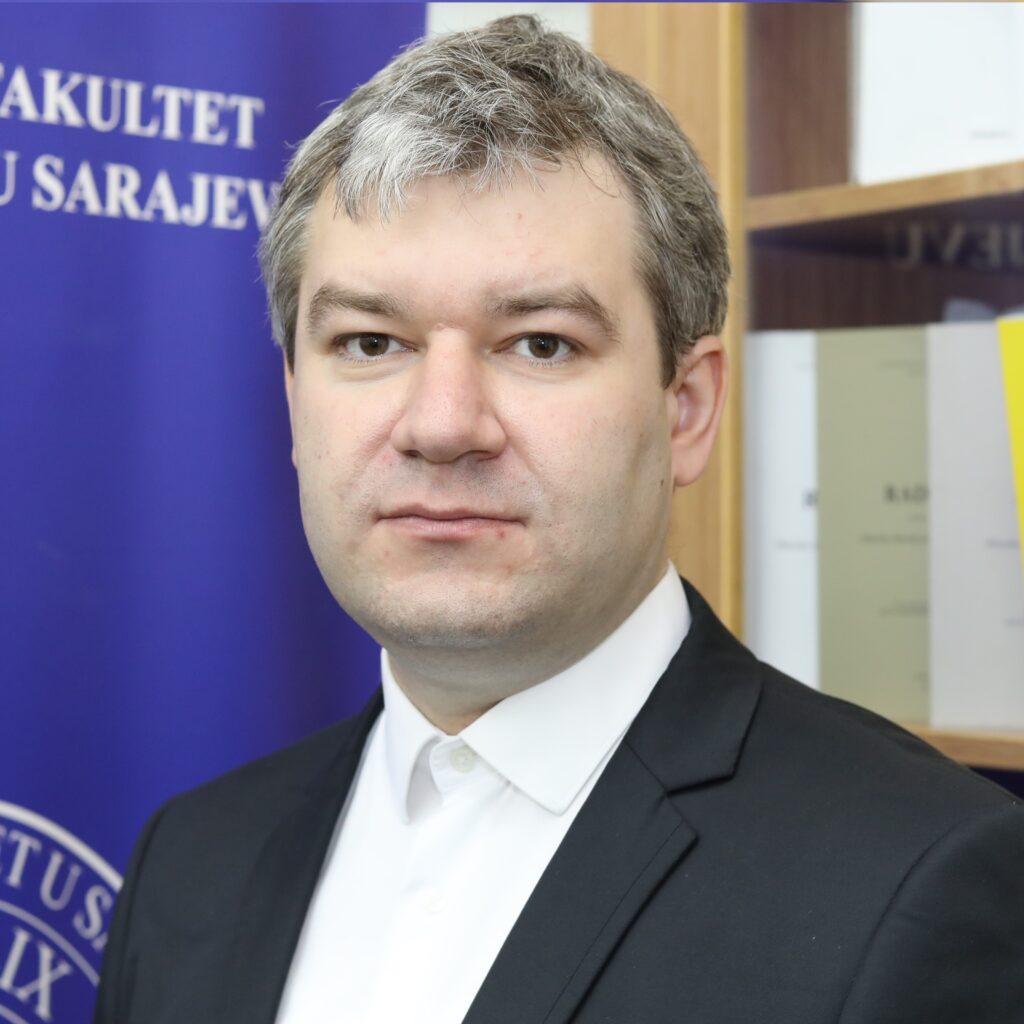
Prof. dr hab. Danko Šipka, Arizona State University, USA
Danko Šipka is a professor of Slavic languages and head of the Linguistic Faculty at the School of International Letters and Cultures at Arizona State University. Professor Šipka served as a senior linguist or consultant to numerous language industry companies. He holds a Ph.D. in linguistics from the U. of Belgrade, a doctorate in psychology from the Polish Academy of Sciences, and an M.A. in Russian from the University of Poznan. Prof. Šipka is a regular evaluator for various agencies. Danko Šipka’s research interests include lexicography, lexicology, and cross-cultural linguistics. His publications encompass over 150 papers and reviews as well as 30 books, including: Lexical Conflict: Theory and practice, Lexical Layers of Identity and The Geography of Words (all with Cambridge University Press), various other monographs and bilingual dictionaries. He was a recipient of various fellowships, most notably from the Fulbright Program, Humboldt Foundation, American Council of Learned Societies, the Australian National University and Hokkaido University. In spring semester 2021 he was an István Deák visiting professor at Columbia University and in spring 2022 he is a Fulbright Scholar at University of Belgrade, Serbia.

Prof. dr Rajna Dragićević, University of Belgrade, Serbia
Prof. Rajna Dragićević, PhD, is a Serbian linguist, lexicologist and lexicographer. She is a full professor at the Faculty of Philology, the University of Belgrade, Serbia.
Dragićević is the author of over 250 articles published in Serbian and international linguistic journals. She has published five books, Pridevi sa značenjem ljudskih osobina u savremenom srpskom jeziku (2000), Leksikologija srpskog jezika (2007, 2010), Verbalne asocijacije kroz srpski jezik i kulturu (2010), Leksikologija i gramatika u školi (2012) and Srpska leksika u prošlosti i danas (2018). She collaborated in making of four dictionaries, Asocijativni rečnik srpskoga jezika (2005), Semantičko-derivacioni rečnik, II sveska (2007), Rečnik srpskoga jezika (2007), published by “Matica srpska”, and Obratni asocijativni rečnik srpskoga jezika (2011). Dragićević is a recipient of the Serbian linguistic award “Pavle Ivić”.

Prof. dr Halid Bulić, University of Sarajevo, BH
Halid Bulić is an associate professor at the Department of Bosnian, Croatian and Serbian Language at the University of Sarajevo, Faculty of Philosophy. He received his PhD from the University of Sarajevo in 2013. He is the author or co-author of six books: Iz morfologije i sintakse savremenog bosanskog jezika (2011), Teme iz lingvističke bosnistike (2016), Pragmatički aspekti romana Ponornica Skendera Kulenovića (2018), Pragmatika (co-authored with Sabina Bakšić, 2019), Nove teme iz lingvističke bosnistike (2019) and Veznici u savremenom bosanskom jeziku (2021) and more than seventy scholarly and professional papers. He has delivered lectures at Slavic departments at several European universities (Berlin, Poznan, Budapest, Graz). He is president of the Institute of Bosnian Language and Literature in Tuzla and the editor of the magazine for language and literature Lingvazin. He is a member of the international scientific linguistic associations Slavic Linguistic Society and Societas Linguistica Europaea and a corresponding member of the Bosnian-Herzegovinian – American Academy of Arts and Sciences (BHAAAS).

Prof. dr Rajka Glušica, University of Montenegro, Montenegro
Rajka (Bigović) Glušica is a full professor of Linguistics at the Faculty of Philology at the University of Montenegro. She was born in Nikšić, where she graduated with honours from the elementary and high school. She worked at the University of Poitiers (France) at the Slavonic Department as a lecturer and teacher of the Serbian language for four school years – from 1989 to 1993, and actively participated in the reform of the Montenegrin educational system, as a member of the Council for Curricula and coordinator for the native and foreign languages. Glušica was the head of the Department of the Serbian language and literature, from its establishment of a study program, as well as from the establishment of the Department of the Montenegrin Language and South Slavic literature at the Faculty of Philosophy. She was a vice-dean of the Faculty of Philosophy and Vice-Rector of the University of Montenegro, as well. Glušica, also, was the vice president of the Council for Standardization of the Montenegrin language, as well as a member of the Jury for awarding state awards in the field of education Oktoih. Rajka Glušica has been working as an editor-in chief of the magazine for the Study of Language and Literature Riječ, published by the Institute for Language and Literature at the Faculty of Philosophy as well as a reviewer in five international journals.

dr Goranka Blagus Bartolec, Institute of Croatian Language and Linguistics, Croatia
Goranka Blagus Bartolec, PhD is a scientific adviser at the Institute of Croatian Language and Linguistics employed at the Croatian Standard Language Department. She received her PhD in the topic of Collocation Relationships in Croatian. Her scientific interests are lexicography and lexicology, collocation phrases and proverbs in Croatian, and research of pragmatic possibilities in the discourse of public communication. Currently, she works on several projects: Croatian Collocation Database (project manager), Dictionary of Capital and Lower Initial Case in Croatian (project manager), Croatian Web Dictionary – Mrežnik, Croatian Linguistic Terminology – Jena. Complete work and bibliography: http://ihjj.hr/istrazivac/goranka-blagus-bartolec/38/
© 2023 All Rights Reserved